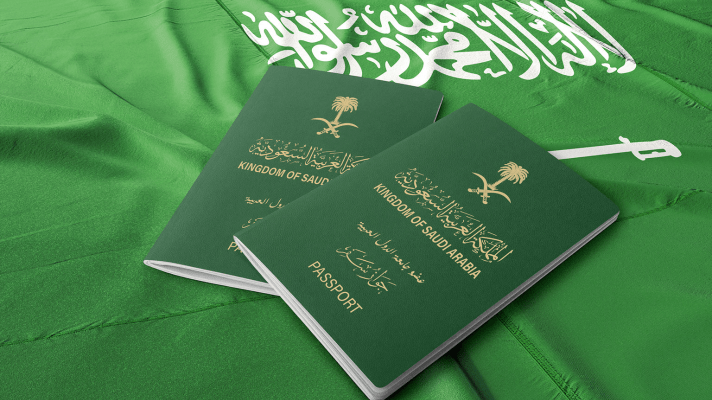Saudi Arabia's Measures for Immigration Regulation and Labor Compliance
Saudi Arabia has implemented various measures to address increased immigration and strengthen labor inspections in recent years. These efforts aim to regulate the influx of foreign workers and ensure compliance with labor laws and regulations within the country.
To manage immigration more effectively, Saudi Arabia has introduced reforms such as the implementation of an online portal called “Qiwa” to facilitate the recruitment and documentation processes for foreign workers. This digital platform streamlines procedures, reduces paperwork, and provides transparency throughout the recruitment process.
Labor inspections have also been intensified to enforce compliance with labor laws and protect the rights of workers. Inspectors from the Ministry of Human Resources and Social Development conduct regular visits to workplaces to ensure adherence to regulations regarding employment contracts, wages, working conditions, and health and safety standards. These inspections are crucial in preventing labor exploitation, promoting fair employment practices, and safeguarding the welfare of both Saudi and foreign workers.
Saudi Arabia has witnessed an increase in enforcement measures regarding compliance with immigration and labor regulations. These actions are aimed at maintaining labor market stability and national security.
Those found in violation of residency, labor, or border security laws are being sent back to their home countries through their respective diplomatic missions. Immediate deportation is also being enforced in many cases. It is important for businesses to be aware that employing unauthorized foreign workers is a punishable offense.
Additionally, immigration and labor authorities have the right to conduct surprise visits to workplaces, necessitating that businesses be prepared to receive inspectors. It is crucial for companies to review their records, perform internal audits, and ensure compliance with all immigration laws. Foreign workers are advised to carry valid immigration documents at all times to present them when required by inspectors.
In addition to inspections, Saudi Arabia has introduced several initiatives to regulate the labor market and safeguard workers’ rights. The Wage Protection System (WPS) ensures that wages are promptly paid through electronic transfers. The establishment of labor courts has also been instrumental in addressing disputes and grievances between employers and employees.
Furthermore, Saudi Arabia has been working towards implementing the “Nitaqat” program, which aims to increase employment opportunities for Saudi nationals and reduce the country’s reliance on foreign labor. The program incentivizes businesses to hire more Saudi citizens by providing them with various benefits and rewards.
These measures reflect Saudi Arabia’s commitment to enhancing its labor market and immigration system. By implementing stricter immigration controls and reinforcing labor inspections, the country seeks to create a fair and transparent employment environment for both Saudi and foreign workers, while also fostering the development of a skilled and diverse workforce.




